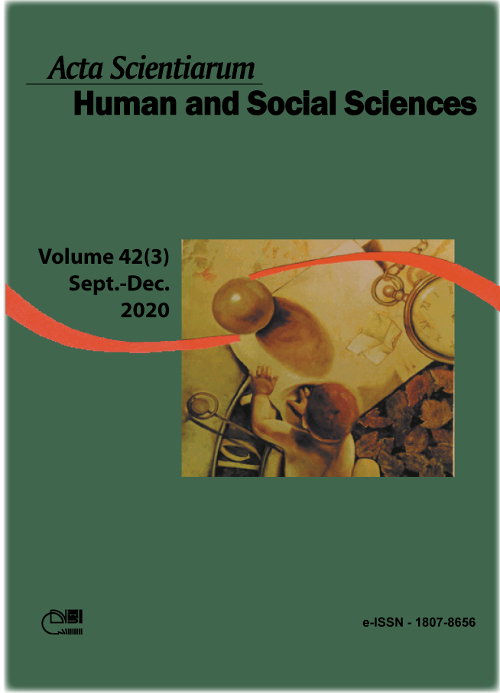Paradoxes of identity policies: (de)racialization as quilombista strategy of the common
Abstract
This article assumes that identity policies will be necessary even when social inequalities are related to some identities. However, the notion of identity has been criticized over the years by European thought that analyzes the Modern Capitalist State, in fields of knowledge such as philosophy, psychology and psychoanalysis. This critical knowledge was colonially imported into Brazil, causing the identity guidelines of black social movements to be often disregarded by these fields, a comfortable position because it maintains the status quo of Brazilian whiteness. This article presents some contributions to the formulation of a world-system where race will not sustain social inequalities. For that, contradictorily it will be necessary to racialize those who understand themselves to be a universal model of humanity. Through a literature review, we discuss the cosmology of the private (based on European myths of origin, with an emphasis on the myth of the social contract and the myth of initial capital), and we present the proposal / response of individualistic, accumulative and selfish society forged by this cosmology. As a setback to this world logic, we propose a cosmology of the common (based on the Yoruba myths, in particular the triad Emì, Ofò, Asé) in the fight against the primacy of colonial reason, as a philosophical perspective that preserves spirituality and, above all , sustains a sharp political proposal of civilization.
Downloads
DECLARATION OF ORIGINALITY AND COPYRIGHTS
I Declare that current article is original and has not been submitted for publication, in part or in whole, to any other national or international journal.
The copyrights belong exclusively to the authors. Published content is licensed under Creative Commons Attribution 4.0 (CC BY 4.0) guidelines, which allows sharing (copy and distribution of the material in any medium or format) and adaptation (remix, transform, and build upon the material) for any purpose, even commercially, under the terms of attribution.
Read this link for further information on how to use CC BY 4.0 properly.
























